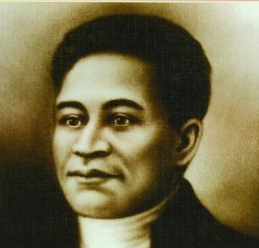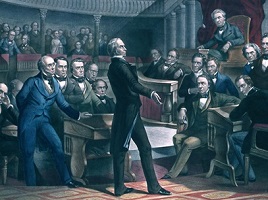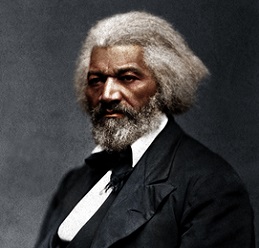Who was Phillis Wheatley?
Phillis Wheatley was the first African American and the first woman to publish a book. She was also the first woman to make a living from her writing and all was accomplished while being a slave. The story of her life is interesting and tragic as it has both successes and failures; ironically she suffered the consequences of slavery after she was manumitted.
Through her work Phillis Wheatley is credited with helping create the foundation of African American literature and provide inspiration to African American emancipation from slavery. Wheatley’s works are the departure point in the study of African American literature.
Phillis Wheatley was born in Western Africa, in either Senegal or Gambia. She was purchased by John Wheatley as a child slave servant to help his wife and daughter, Susanna and Mary. The Wheatleys were a progressive Bostonian family who did not consider it immoral to educate a slave even though it was illegal in other parts of the country. Throughout her life she had three main influences and supporters: Susanna Wheatley, Mary Wheatley and Selina Hastings. The Wheatley women, Susanna and her daughter Mary, taught her how to read and write. They introduced her to religion and gave her a Bible which after eighteen months upon arrival in America she was fluently reading. Selina Hastings was a philanthropist who facilitated the publication of her book “Poems on Various Subjects, Religious and Moral”.
After the publication of her book ,Phillis was given her freedom but she remained living with the family until John and Mary Wheatley died. It is believed that she wrote more than one hundred and forty five poems of which only fifty five survive. Her marriage to John Peters, a free slave, brought her misery, she was abandoned and mistreated. She eventually died in poverty.
Her writing was versatile; she was able to produce a variety of compositions from political events such as the Stamp Act to rhythmic elegies. Phillis was often requested to write elegies for friends and acquaintances. Her poems show a command of western literature and classical mythology. Regrettably her writing met critical reception, doubt and hesitation from a colonial society that regarded blacks as inferior and lacking intellectual abilities. Wheatley had to prove in court that she was the author of her poems. Furthermore she was unable to find a publisher in America willing to print her book. Fortunately for her Selina Hastings facilitated the publication of her first and only book by publisher Archibald Bell of London.
Critics of Wheatley consider her work as an imitation of Alexander Pope’s neoclassical poetry. Their concern is based in the lack of authenticity of her poems which was overshadowed by the author’s identity as a black slave in colonial times. In 1784 in Notes on Virginia, Thomas Jefferson remarked that “Religion has produced a Phyllis Wheatley; but could not produce a poet”. Defenders of her poetry assert that while her poetry is innovative it is also extraordinary that the author broke all social patterns in a male dominated white society.
Abolitionists would frequently cite her work as proof of equal intellectual abilities of blacks to encourage more and better educational opportunities for African Americans. However, many twentieth century African American critics dismissed Wheatley’s poetry as someone who had accepted her degradation as a human being by accepting her situation as a slave. In her poem “On Being Brought from Africa to America” written when she was just a teenager she is thankful from being brought from “her pagan land” to America and converted to Christianity. In addition she avoided the topic of slavery in her poetry. Nevertheless, her defenders argue, her work must be judged by her position, one of a privileged slave living in an upper class Boston society. She had no contact with other slaves other than the ones in her household, or contact with free slaves. She had to adopt conventional topics suitable to the political and social principles of the time. Despite much of the critics, the poems of Phillis Wheatley remain the starting point of African American literature and an inspiration to abolitionist.


